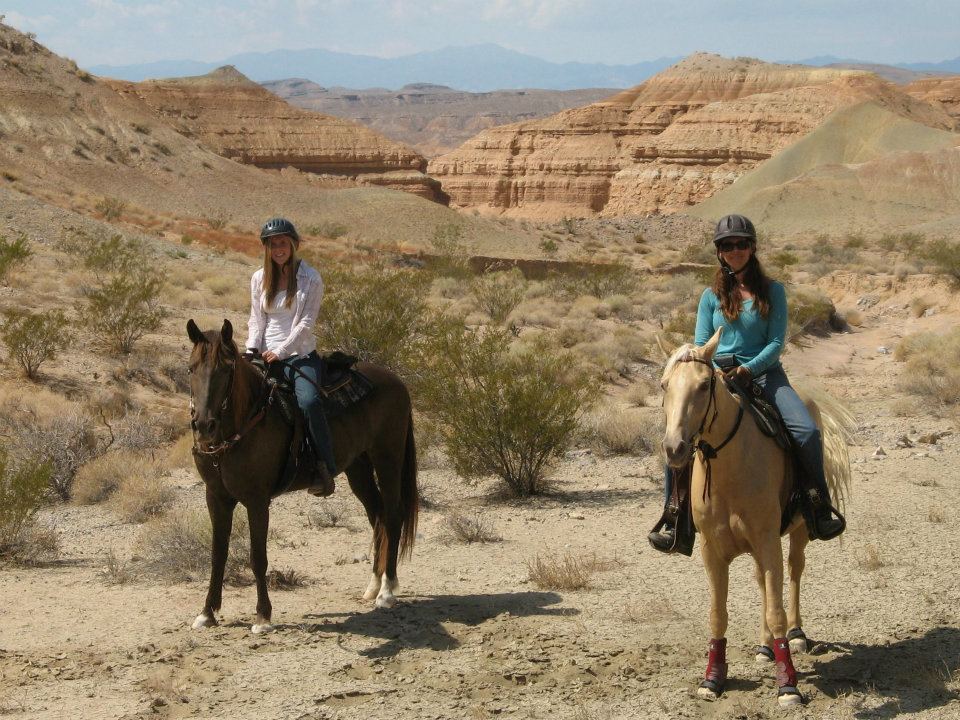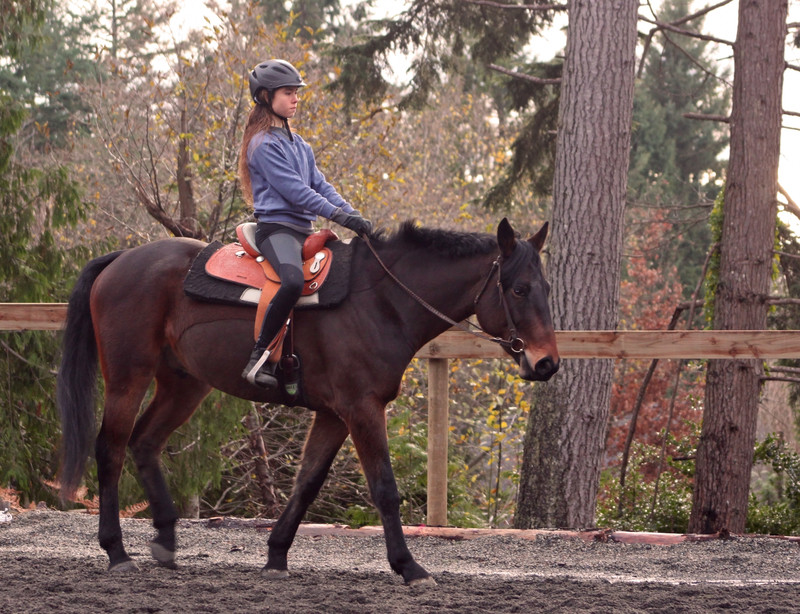
The first step you should consider before buying your very first horse is to take riding lessons to make sure you really enjoy riding and to improve your riding and horse handling skills. By taking this first step you will be far ahead of a lot of first-time horse owners. For more information on what to look for when deciding on a facility or instructor for riding lessons, please read Before Buying Your First Horse…Part 1.
Leasing a horse is a great second step on your journey to deciding if horse ownership is something that truly interests you. Horses are a huge financial and time commitment, and too many people jump into horse ownership before they are ready. Unfortunately, they soon realize that they had no idea about the true costs and responsibilities involved with horse ownership. Owning your own horse can certainly be an enjoyable and rewarding decision, but when you make that decision hastily, you can find yourself in a very stressful situation owning an animal that is expensive and has a long lifespan. Leasing a horse is a way of “testing the waters” of ownership without the long-term financial, physical and emotional commitment of purchasing a horse.
There are many private horse owners, trainers, and instructors who may offer horse leasing options at their facilities. These opportunities can provide you with a way to get a true feel for horse ownership and see if you really want to own your own horse. You can also check the classified section of the local newspaper or ask around at barns or tack stores. There are even online sources that can help you find horses for lease. If you are currently taking riding lessons, which should be your first step, having your instructor help you find a suitable horse to lease is very important. Just like buying the right horse is important, leasing the right horse is important also. Your instructor will take your riding ability and personality into account to match you up with a good horse for you to lease. They will also help you find a horse that is suitable for the particular riding discipline in which you are interested in participating.
Horse leases are usually defined as a full lease or a partial lease. A full lease will often have far fewer restrictions than a partial lease, but a partial lease will cost less.
A full lease is very much like owning your own horse. You will be the only one riding and working with the horse, and you will typically have access to the horse seven days a week. In a full lease situation, you are usually responsible for all of the horse’s boarding costs along with routine farrier and veterinary care. While the high cost may seem like a downside to leasing, it will give you a chance to see what these types of services will cost you if you decide on buying your own horse in the future.
A partial lease is a situation in which you are sharing the horse with the owner or another person. A partial lease is less expensive than a full lease because all the expenses are split between the two parties. Because you are sharing the horse, you will only have access to the horse part time. If you decide to do a partial lease, be sure that everything from riding days, expenses, routine care, and other responsibilities are clearly understood and written into a contract.
Whether you decide on a full lease or a partial lease, a contract is very important. In the contract, it should clearly spell out every detail. How long is the lease? Can the lease be terminated by any party? What are your financial responsibilities? Who is responsible for routine care such as farrier visits, supplements, teeth floating, and vaccinations? How often does the farrier need to come out? What vaccinations are required? Who is responsible for a major injury or illness? What happens if the horse becomes unsound during the lease? Are there any restrictions on the intensity or type of riding you can do with the horse? Can the horse leave the facility and be kept somewhere else? Do you need insurance for the horse? What days can you ride the horse? Do you need your own tack? What if the horse gets injured while in your care? If you have any questions about the lease, they should be thoroughly discussed with the owner, and any agreements made should be included in the written contract. Having everything in writing will ensure that there are no issues later.
When you find a horse you are interested in leasing, it is a good idea to get a vet check, especially if you will be responsible for hoof care and veterinarian bills. The veterinarian will make sure the horse is sound and has no health issues that can cause problems or add to your expenses during the term of your lease. Ask the veterinarian write up a summary of the examination, and keep it with the lease agreement. If any issues are found that may increase the expense of properly caring for the horse, you may be able to get the owner to agree to cover those costs. Also, if the veterinarian notes any previous injuries or pre-existing conditions, it will help you avoid problems with the owner in the future or when the lease ends.
Leasing a horse before making the decision to buy one of your own is a great idea that can save you from problems and stress in the future. By leasing, you will be able to get a true feel for the care that horses require and let you experience firsthand the expenses involved with ownership. If you find leasing a horse is too expensive and/or time-consuming, then horse ownership is probably not a good idea for you at this time in your life, but if after leasing a horse for at least 6 months to a year, you are still excited about horse ownership, you may be ready!
